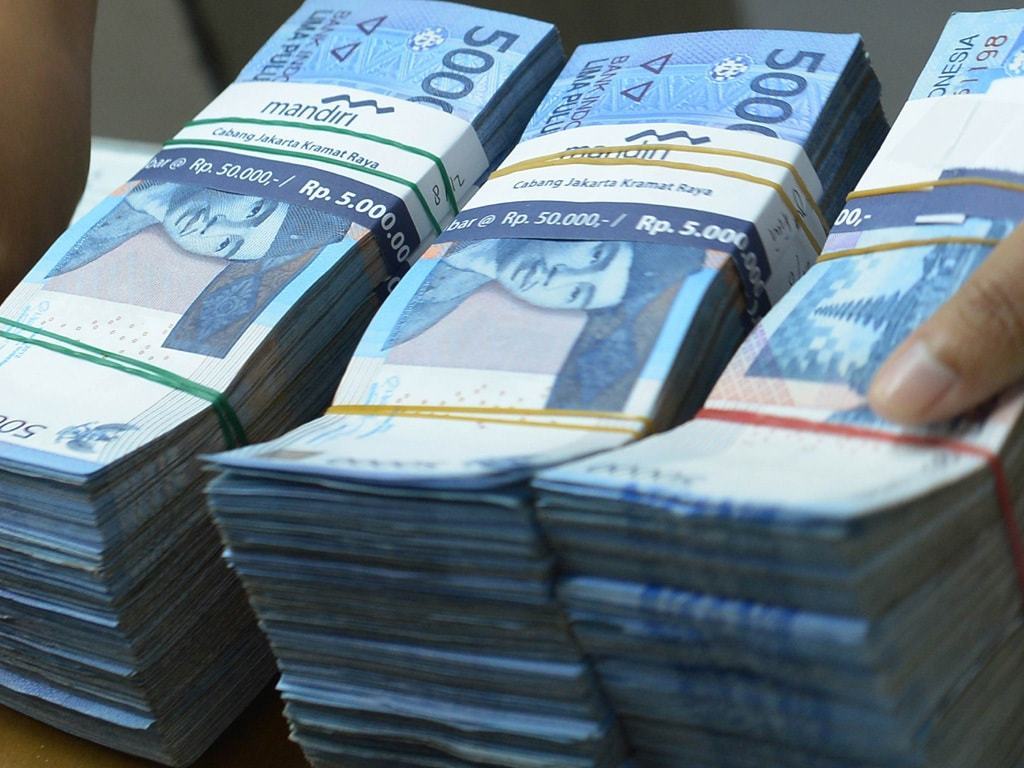Indonesia’s rupiah leads Asian currencies lower; equities broadly up
Indonesia’s rupiah led declines for most of Asia’s emerging currencies on Thursday after a contentious proposal to expand the central bank’s mandate, that in the past sparked worries on its independence, received fresh support from the President.
Stock markets in the region broadly edged higher, though Philippine equities, which have risen for three straight sessions, fell 1.3%, their most in more than a week.
The South Korean won weakened up to 0.4%, slipping from a six-week high scaled in the previous session, while Thai baht softened 0.3% to hit its lowest since October.
Indonesia’s rupiah, which backs some of the highest-yielding debt in emerging markets, lost half a percent on a report that President Joko Widodo was pushing to expand Bank of Indonesia’s mandate to include economic growth and job creation.
Last year, his administration and some lawmakers fielded a draft bill to expand the central bank’s mandate, drawing concern among foreign investors – who hold a major chunk of the country’s debt – over greater government oversight of the central bank.
“These reports have caused concerns whether it will erode the independence of the central bank in the way it manages monetary policy, leading to the underperformance of the currency,” Khoon Goh, head of Asia research for ANZ said.
Indian stocks extended their gains, rising 0.9% to hit their highest since mid-March, after the central bank on Wednesday left rates unchanged at record lows and committed to a large bond purchase programme.
That sent the rupee sharply lower on Wednesday, but it recovered some ground on Thursday to firm up to 0.4%.
While stocks fell in Manila, the peso firmed 0.4% as after Philippines reported its smallest trade deficit in three months in February, on the back of falling imports and a decline in the slowdown of exports.
Overnight, minutes from the US Federal Reserve’s March meeting showed that officials remained cautious about the risks from the global coronavirus pandemic, even as the US economy is showing signs of a strong recovery that is slated to outperform the rest of the world. Officials committed to continue monetary policy support until a rebound was more secure.
The dollar held to a two-week low, while yields on the 10-year Treasuries were trading around 1.6669%.
The rise in US yields over the past month and a half had built concerns in emerging markets of foreign outflows given the strength of the US recovery and whether the Fed would need to roll out support earlier than it has indicated.
Source: https://www.brecorder.com/news/40082291/indonesias-rupiah-leads-asian-currencies-lower-equities-broadly-up


 Thailand
Thailand




